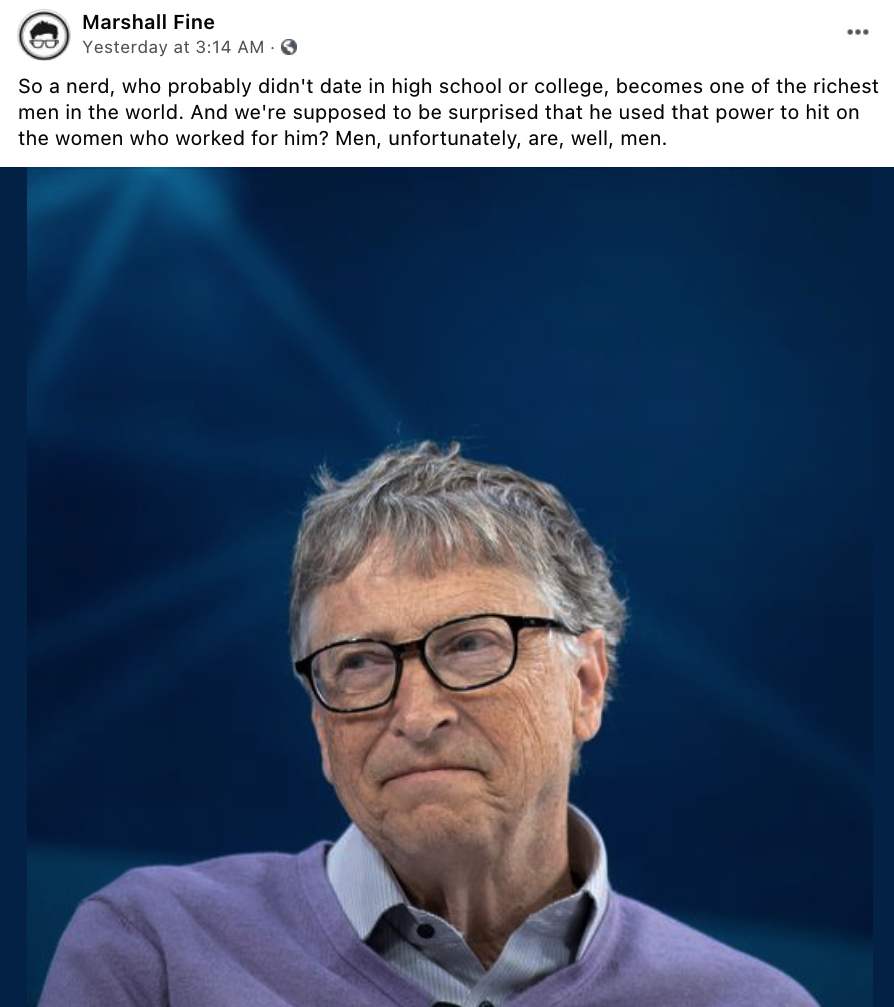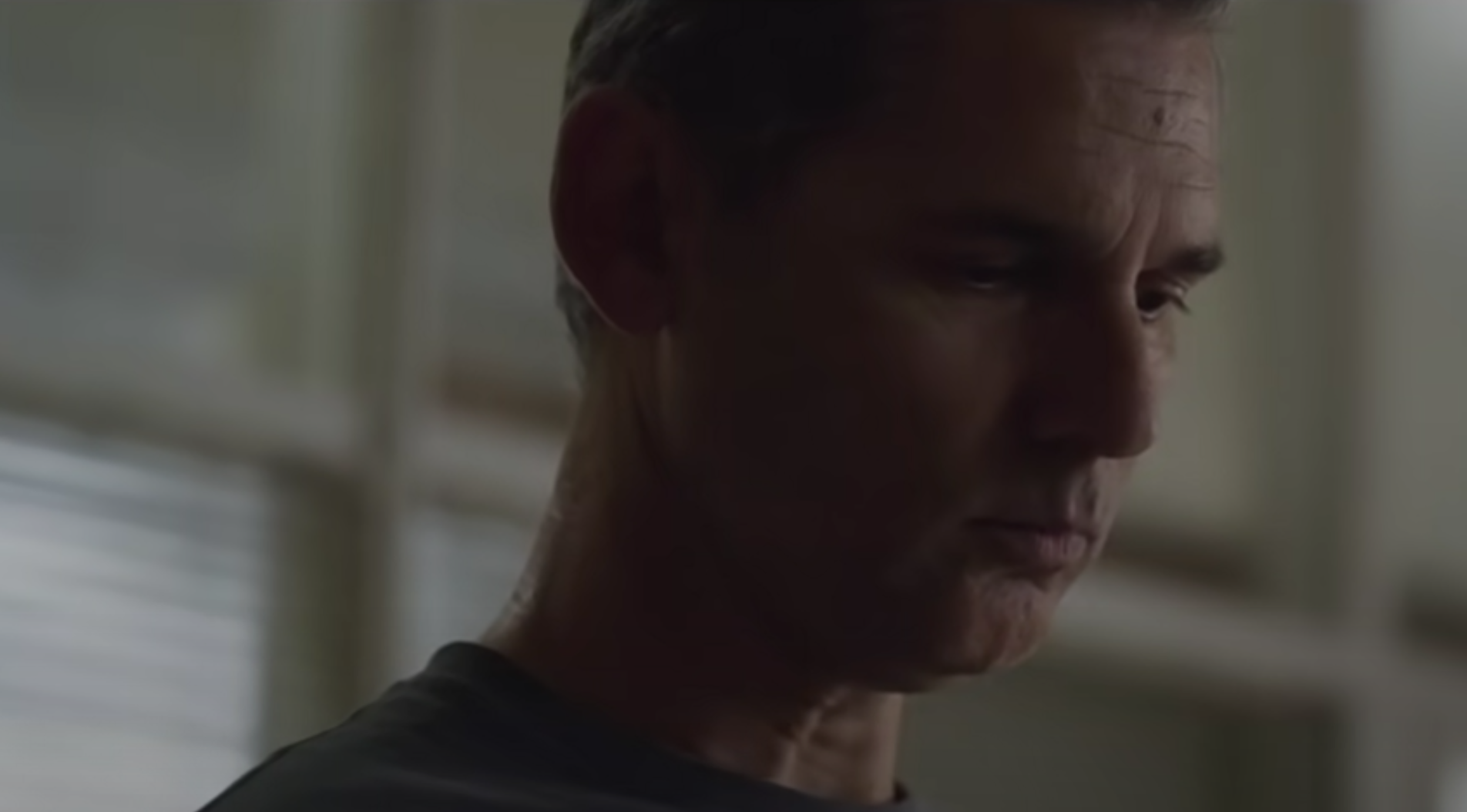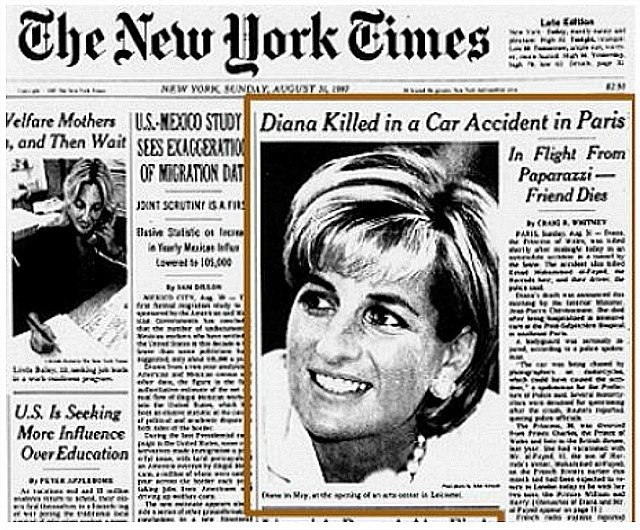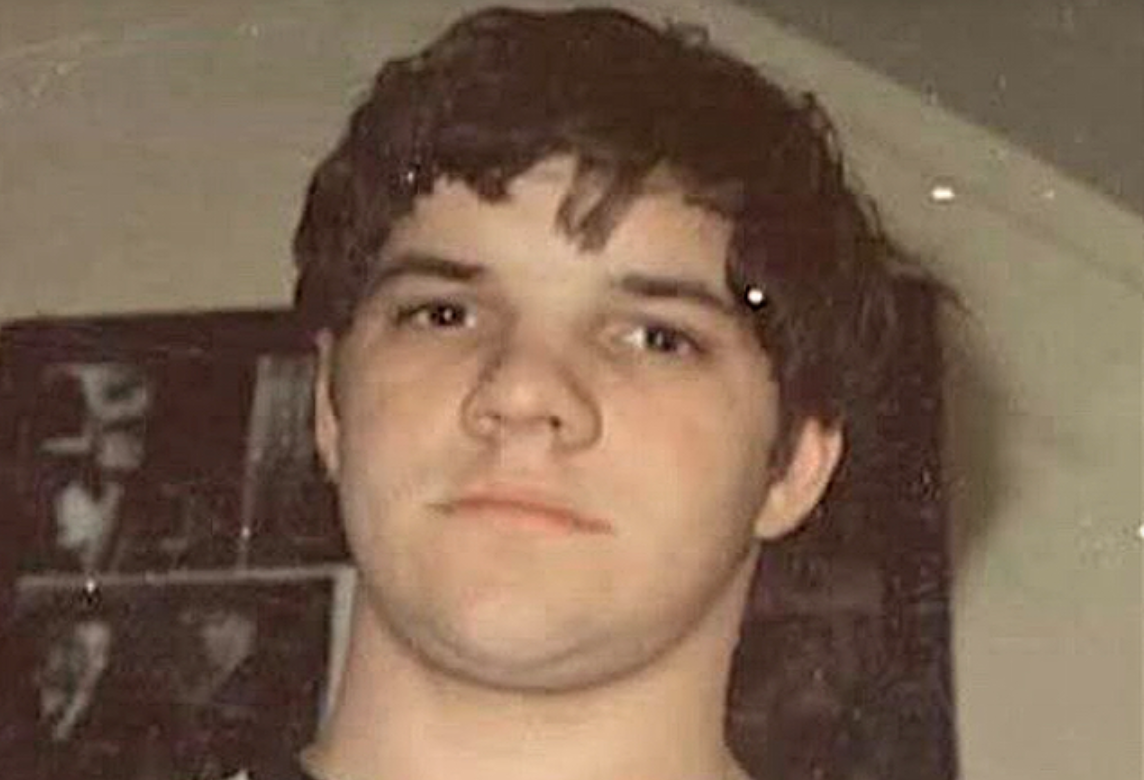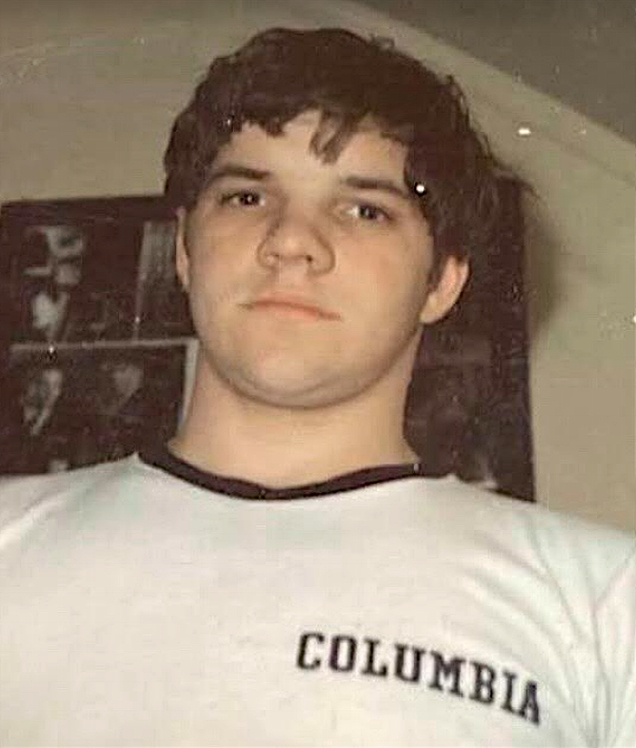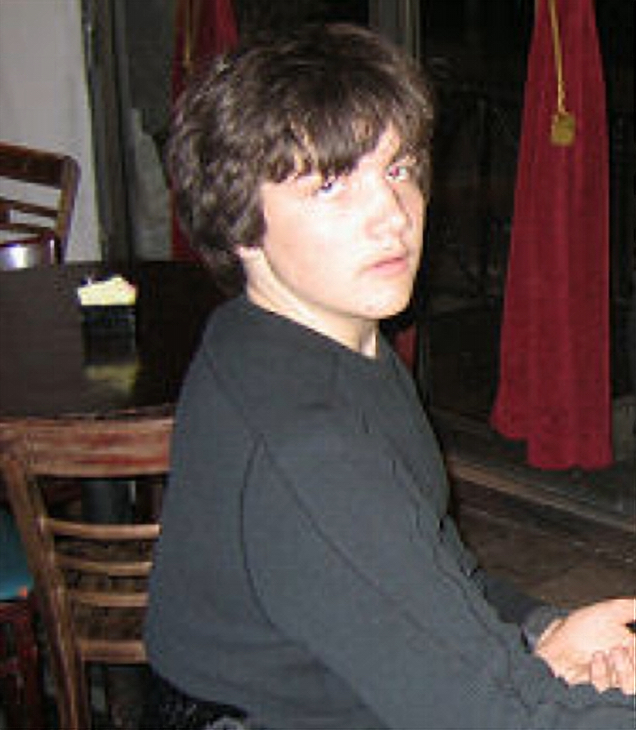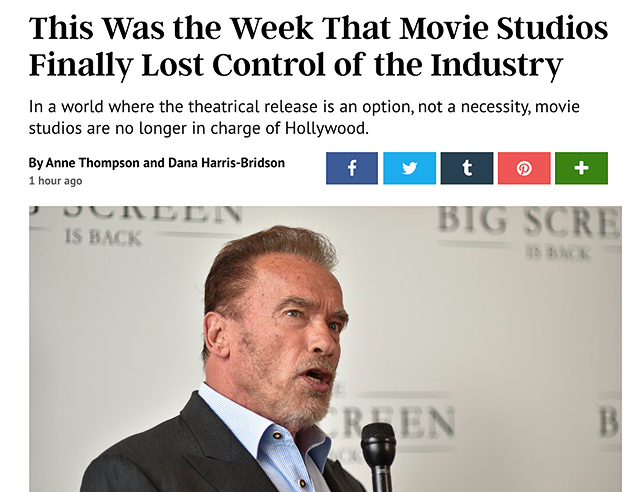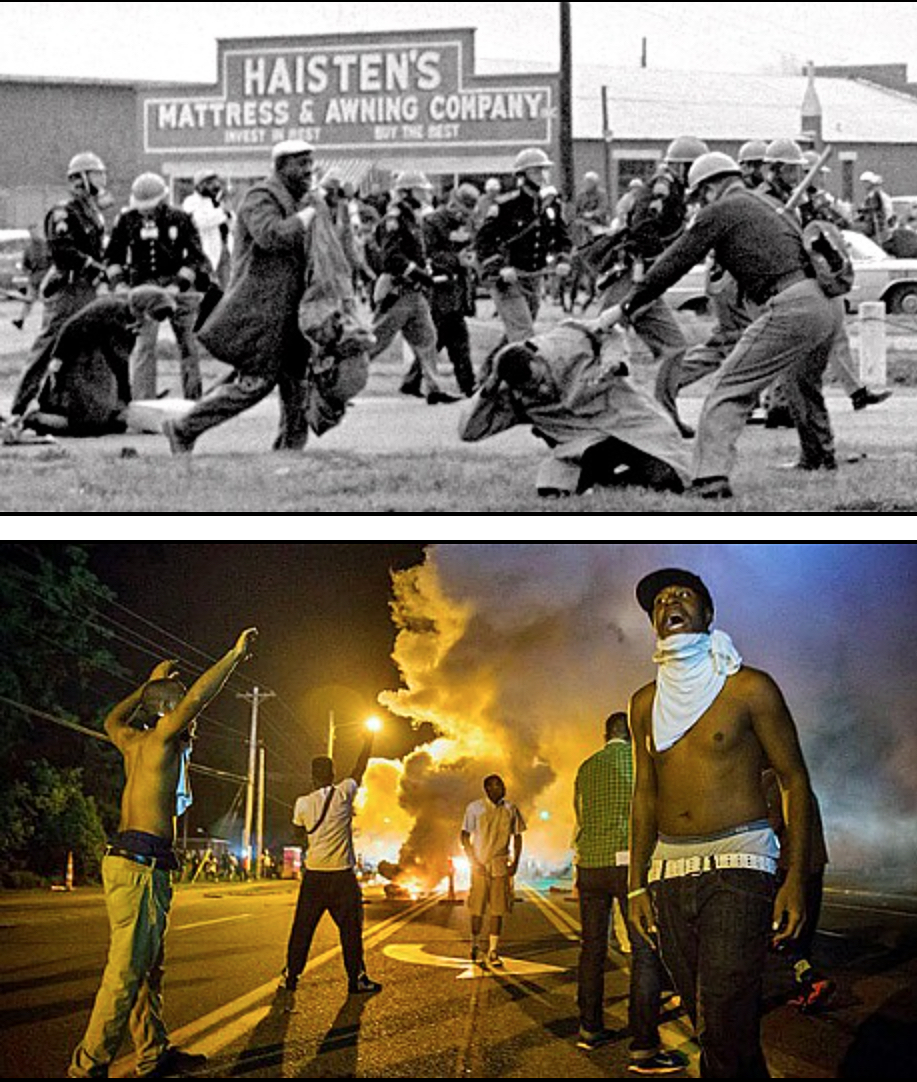Two months ago the intemperate, hyperventilating woke jackal mob did their best to bring about my death. It was partly about HE having posted an insensitive comment — albeit one that might have been mentioned in passing by any half-attuned industry insider who knows how Oscar-voting sentiments tend to work on deep-down levels — but it was mainly a matter of indelicate timing.
I naturally apologized for this transgression, despite (a) my not having actually written a damn thing myself (I’d posted an excerpt of an email chat) and (b) my having quickly removed the post when the Twitter banshees went nuts.
A friend has pointed out that a similar thing happened in late November 2014, in the immediate wake of an announcement by the Ferguson grand jury that no charges would be filed against Officer Darren Wilson in the death of Michael Brown.
Right after the Ferguson Grand Jury verdict was read, and just before a Disney-lot screening of Into The Woods, I tweeted that a possible “strike a match rather than curse the darkness” response to this otherwise tragic event might be a surge of industry Best Picture support for Selma. Yup — another instance of the wrong HE tweet at the wrong time.
But all I said was that symbolically lighting a candle rather than lamenting the ugliness might be a good thing in the end.
I was all but roasted alive for saying this. Many people tweeted that I sounded like an insensitive asshole. How dare I suggest, after all, that there was (or might be) linkage between Ferguson and Selma‘s Oscar chances?
But at heart I had tweeted a positive sentiment. I was thinking, you see, of Martin Luther King’s words about how only love can eradicate hate. I was thinking that standing by a film about human dignity, compassion and human rights would serve as a positive response to the Ferguson situation. Okay, I didn’t say it in quite the right way. But I was trying to suggest that in a roundabout fashion this would be a way of showing love and respect for the right things and the right people.
A couple of days later Selma director Ava DuVernay pointed out a direct connection between her film and what had happened in Ferguson.
She did so in an Eric Kohn Indiewire interview with Selma director Ava DuVernay and Fruitvale Station director-writer Ryan Coogler about their support of the Black Friday Blackout.
For me, the stand-out portion was when Kohn asked DuVernay if she saw “any direct connections between today’s climate in the immediate aftermath of Ferguson in the story of Selma.” DuVernay responded as follows: “Yes, absolutely. It’s the same story repeated. The same exact story.
“An unarmed black citizen is assaulted with unreasonable force and fatal gunfire by a non-black person who is sworn to serve and protect them. A small town that is already fractured by unequal representation in local government and law enforcement begins to crack under the pressure. People of color, the oppressed, take to the street to make their voices heard. The powers that be seek to extinguish those voices.”
In short, a filmmaker can point to parallels and echoes between his/her film and current tragic events, but a columnist who wades into the same (or similar) waters is risking life and limb. Especially if the Oscar race is brought into the equation.
Who would suggest that DuVernay wasn’t thinking about (or at the very least was aware of) how the Ferguson tragedy had lent a certain symbolic, metaphorical heft to her film? Was Selma not in Oscar contention as she spoke?

